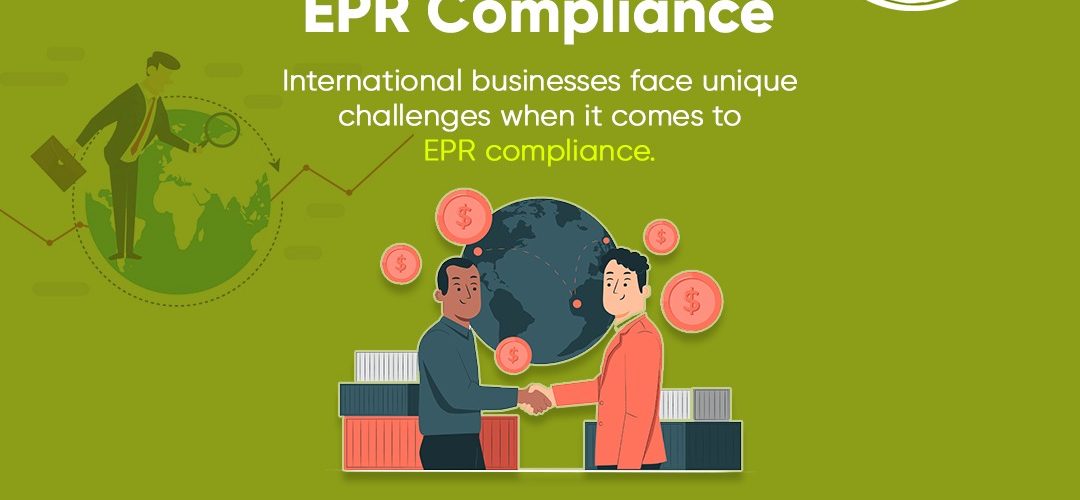In most countries, government agencies are responsible for monitoring compliance with EPR regulations. These agencies may conduct audits and inspections to ensure that businesses are meeting their obligations, such as registering with the appropriate EPR schemes, reporting on their product waste management activities, and meeting specific targets for waste reduction and recycling.
If a business is found to be non-compliant with EPR regulations, the consequences can be severe. Depending on the nature and severity of the non-compliance, consequences may include fines, legal action, or even criminal charges. In addition to these penalties, non-compliant businesses may also face reputational damage and loss of customers due to negative publicity.
In order to avoid these consequences, it is important for businesses to take their EPR obligations seriously and comply with all relevant regulations. This includes researching and understanding the specific requirements of their local regulations, registering with the appropriate EPR schemes, implementing effective waste management strategies, and reporting on their activities as required.
Ultimately, enforcing EPR regulations is a key part of ensuring that businesses are held accountable for the environmental impact of their products. By complying with these regulations, businesses can help to promote sustainability and reduce waste, while also avoiding the potentially serious consequences of non-compliance.
FAQs:
How can businesses ensure that they are complying with EPR regulations in all the countries where they operate?
Businesses can ensure that they are complying with EPR regulations in all the countries where they operate by conducting research to understand the specific requirements of each country’s regulations. This may involve working with local consultants or regulatory experts who have knowledge of the local regulations and can help businesses navigate the compliance process.
What are some common challenges that businesses face when trying to comply with EPR regulations?
Some common challenges that businesses face when trying to comply with EPR regulations include the complexity and variability of regulations across different countries and regions, the costs associated with compliance, and the need to coordinate with suppliers, customers, and other stakeholders to ensure effective waste management.
How can businesses ensure that their waste management practices are environmentally sustainable?
Businesses can ensure that their waste management practices are environmentally sustainable by adopting a holistic approach to sustainability that encompasses all stages of the product lifecycle. This may involve incorporating sustainable design principles into product development, implementing effective waste reduction and recycling strategies, and collaborating with suppliers and other stakeholders to promote sustainable practices throughout the supply chain.
What are some of the benefits of EPR regulations for businesses?
Some of the benefits of EPR regulations for businesses include improved environmental sustainability, reduced waste and associated costs, improved supply chain transparency and efficiency, and improved customer satisfaction and brand reputation.
How can businesses communicate their EPR compliance efforts to customers and stakeholders?
Businesses can communicate their EPR compliance efforts to customers and stakeholders through a variety of channels, including sustainability reports, social media, and marketing materials. It is important for businesses to be transparent and honest about their efforts to comply with EPR regulations, and to communicate the benefits of these efforts in a clear and compelling way.



